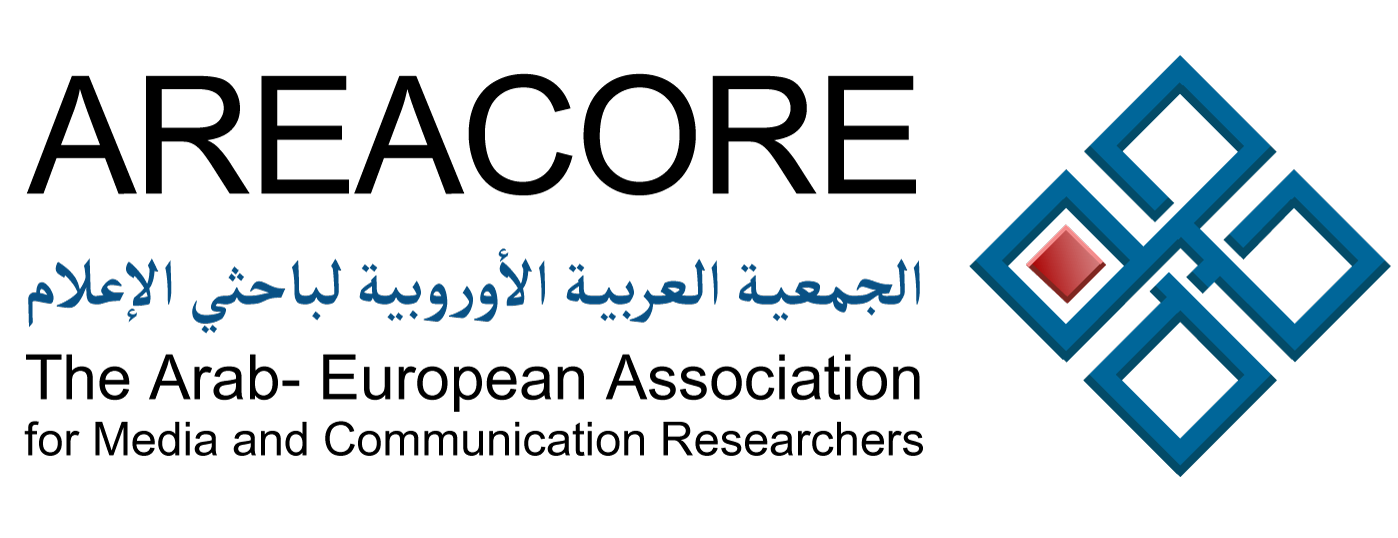Digital Opression Regarding Gaza War (2024)
Created by Faten Mhadheb, Jessie Klzi, Sara M.B. Burbar, Marina Eisner, Mayssaloun Tfaily, Emma Bernadova
Start with clips from interviews that is strong, shocking, or controversial, approx 40 secs interesting words.
First Voice : Wael Dahdouh (The Occupation wants to commit crimes against the people).
Second Voice : Oumaima Belhadj ( It’s a form of a digitl violence by Meta).
Third Voice : Ahmad Qadi From 7amleh (I mean by censorship, suspensions, content removal of pro-palestinian accounts, pages, and groups).
Forth Voice : Ranim Hamouda (Have been consently flagged, removed or shadowed banned).
Digital oppression. Dangerous, with real consequences. We now live in a world where the promise of technological progress has been twisted into a tool of subjugation Basic pictures and screenshots.
Digital oppression is the technologically-mediated processes where oppressor-oppressed relationships take place, where they reflect the offline reality and vice versa.
Digital oppression refers to the systematic and institutional processes that prevent certain people from fully participating in and accessing the digital ecosystem.
Internet censorship is the first example of cyberspace othering, and the realest .We look at the recent case of the Gaza conflict to see Othering through digital censorship in real time.
Interview clip of Dr Nasser Al Khassib:
« During the last nine months of war in Gaza, Palestinian content has faced several restrictions on social media networks. There are issues related to the banning of content and the reduction of visibility of posts related to Gaza and the West Bank. »
This systemic oppression forces many to retreat into the digital shadows, their very existence a precarious balance between visibility and vulnerability. To illustrate the situation further, we have spoken to activists across various countries and asked them to share their experience with digital oppression in regards to the Gaza conflict.
Interview clip of the tunisian activist Oumaima Belhadj:
« Since the 7th of October, Meta’s actions have proven otherwise, revealing a huge digital oppression. When we post content supporting the Palestinian resistance and exposing the atrocities of the occupation, Meta often censors us, banning our accounts, deleting our posts, and even provoking us by showing pro-Israel content and the Israeli flag in our feed. Personally, I have been banned multiple times and had my posts deleted under the pretext of promoting violence, even when I only display the name of Palestine. This forces us to use symbols instead of straightforward content, and this is a form of digital violence by Meta. »
Interview clip of the Lebanese activist Raghd Al Zein:
« Being an activist in support of Gaza and the Palestinians living under the war imposed by Israel, it has been a challenge to post, share, and comment on the political happenings and atrocities committed by the Israeli regime against the Palestinians. Many times we get blocked or experience hate speech, and our stories don’t get enough reach. We end up with the same people watching our stories or placing likes because of the algorithms. The algorithms don’t allow your post to circulate properly. Therefore, it is quite a struggle because we can’t get our voices out there. But regardless, I keep posting and sharing every day because I feel it is my right as a human being to show what is happening on the ground in Gaza. »
Certain groups find themselves systematically excluded , their voices and experiences become invisible, as the lived experiences of those involved in the Gaza conflict show us.. Meanwhile, those with the power to “datafy” the world assert their dominance, using data as a weapon to arbitrarily interfere with the choices and actions of the less privileged.
The perspectives and experiences of the dominant class are encoded into the very systems that shape our reality, while the narratives of the marginalized are suppressed, their identities reduced to mere data points.
Digital oppression uses digital technologies and systems to perpetuate or exacerbate existing inequalities and power imbalances in society. It involves the imposition of laws, guidelines, and rules by those in power (the oppressors) onto marginalized groups (the oppressed).
Interview clip of Ahmad Qadi from 7amleh Palsetine
« I mean by censorship the suspensions and removal of pro-Palestinian content, accounts, pages, and groups. On the other hand, a lot of violent content and psychological violence, as well as smear campaigns, are left unchecked against Palestinian users and pro-Palestinian activists online, without a responsible approach by social media companies to address such violence and online threats.
We at 7amleh, document the types of violence escaping the oversight of social media companies. Most social media companies remove pro-Palestinian content without reason, while failing to remove violent content targeting Palestinians.
In response, we organize a lot of training on digital security and social media processes in line with community standards. We also run awareness-raising campaigns and advocacy campaigns against social media companies to push for policy changes and create a fair, just, and safe digital space for everyone online. »
Studies found, after all, that the customised sets of protocols and algorithmic processes that characterise social platforms—very much steer user activity. As seen first hand by the activists and millions of others online, there is blatant digital censorship, matching side by side with the marginalization and oppression in Gaza that displaced communities and those who talk about them, are facing daily.
Sources the external material:
By Aljazeera: War in Beit Hanun Available at YouTube. : https://youtu.be/Xbv4qlT_6J4?si=y-AvGPxZ3u-pdZB6 [Accessed 15 Sep. 2024].
www.instagram.com. (n.d.). Eye On Palestine (@eye.on.palestine) • Instagram photos and videos. [online] Available at: https://www.instagram.com/eye.on.palestine/ .[Accessed 15 Sep. 2024].
By TRT World (2024). Documentary: Digital Occupation. [online] YouTube. Available at: https://www.youtube.com/watch?v=P0gJKmvmkpQ [Accessed 12 Oct. 2024].
Instagram.com. (2020). 7amleh Center (@7amleh) • Instagram photos and videos. [online] Available at: https://www.instagram.com/7amleh/ [Accessed 15 Sep. 2024].
By France 24. (2024, March 10). Nouvelles manifestations à travers l’Europe pour un cessez-le-feu à Gaza • FRANCE 24. YouTube. https://youtu.be/VTQWL8M_8yY?si=eFAN4iWpKNBM0DAK [Accessed 15 Sep. 2024].
